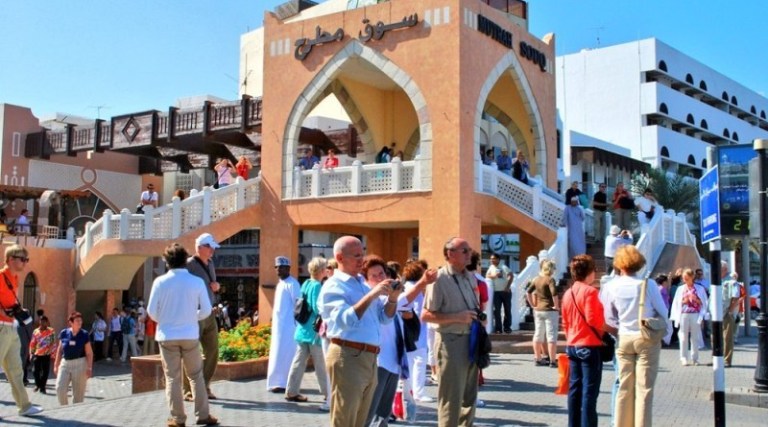

MUSCAT: Article (21) of the Basic Law of the State stipulates that all citizens are equal before the law and share the same public rights and duties without discrimination on the ground of gender, origin, colour, language, religion, sect, domicile, or social status.
The freedom to practice religious rites according to recognised customs is protected, provided it does not violate the public order or contradict morals.
The Basic Law of the State in Articles 34, 35 and 35 states that the freedom to practice religious rites according to recognised customs is protected, provided it does not violate the public order or contradict morals. Besides, freedom of opinion and expression of opinion be in writing or speech and all forms of expression are guaranteed by the Basic Law of the State in accordance with the law and without detriment to the sanctity of private life.
The freedom of opinion and the expression thereof through speech, writing and other means of expression is guaranteed within the limits of the Law.
In this regard, the Basic Law of the State states that the freedom of correspondence by post, telegraph, telephone conversations and other means of communication is protected and its confidentiality is guaranteed. It is not permissible to monitor, inspect or disclose the confidentiality of, delay or confiscate the same, except in the cases specified by the Law and in accordance with the procedures stated therein.
Articles 48 and 49 of chapter 4 of the Basic Law of the State specifies the tasks and powers practised by the Sultan including preserving the independence and sovereignty of the State and safeguarding its entity, security, stability and defending it against all aggression, protecting citizens’ rights and freedoms, guaranteeing the rule of law and directing general policies of the State, taking prompt action to confront any threat to the State or its territorial integrity or the safety of its people and their interests or prevents the state institutions from performing their duties.
The Basic Law of the State also states that the Sultan heads, or mandates someone else to head, the Council of Ministers.
The second chapter organises the work of the Council of Ministers and the execution of the State’s general policies.
It came in the third chapter of the Basic Law of the State states that in case the Sultan appointed a prime minister or a deputy prime minister or a minister, he should do so by a Royal Decree that specifies their powers and prerogatives.
Article (68) of Chapter (5) states that the Council of Oman comprises the State Council and Majlis Ash’shura. Articles 69 to 75 determine mechanisms for appointing the members of the State Council and electing the members of Majlis Ash’shura. It also regulates the process of direct secret voting and determines the powers of the Council of Oman.
The Basic Law of the State underscores the independence of the judiciary, the rule of law, the integrity of judiciary and honesty of judges as a means of protecting rights and freedoms. Chapter (6) regulates the tools of the judiciary and the tasks of the Public Prosecution as well as the jurisdictions of Fatwa entities, legislature and the mechanisms of advocacy profession.
The seventh chapter of the Basic Law of the State includes general principles. It affirms that the enforcement of the Basic Law of the State does not contravene with the international treaties, conventions and agreements ratified by the Sultanate.
The Basic Law of the State stipulates that it’s prohibited to hamper the enforcement of any of its provisions unless in the event of emergency and only within the limits specified by the Law.
— ONA
Oman Observer is now on the WhatsApp channel. Click here



